ড. তানভীর ফারুক একজন যন্ত্রকৌশলবিদ এবং গবেষক। তিনি যন্ত্রকৌশলে স্নাতক ডিগ্রি অর্জন করেন বাংলাদেশে বুয়েটে এবং পরে কানাডার টরন্টো বিশ্ববিদ্যালয় থেকে মাস্টার্স সম্পন্ন করেন। ২০০৯ সালে যুক্তরাষ্ট্রের ড্রেক্সেল বিশ্ববিদ্যালয় থেকে তিনি প্লাজমা গবেষণার উপর পিএইচডি গ্রহণ করেন। পিএইচডি শেষ করার পর প্রিন্সটন বিশ্ববিদ্যালয়ে তিনি পোস্টডক্টরাল গবেষণা ও বৈজ্ঞানিক কাজের সঙ্গে যুক্ত হন। বর্তমানে তিনি দক্ষিণ ক্যারোলিনা বিশ্ববিদ্যালয়ে সহযোগী অধ্যাপক হিসেবে কর্মরত আছেন।
ড. ফারুকের গবেষণার মূল ক্ষেত্র হলো শক্তি—বিশেষত উচ্চ ক্ষমতা সম্পন্ন শক্তির উৎস, বিকল্প ও সবুজ শক্তি, দূষণ নিয়ন্ত্রণ ও নিরসন। তিনি প্লাজমা প্রযুক্তি, দহন প্রক্রিয়া এবং NOx, SOx, Soot নির্গমন নিয়ন্ত্রণে কাজ করছেন। এছাড়াও তিনি বায়োফুয়েল, শীতল শিখা এবং পারমাণবিক জ্বালানি সংরক্ষণ সংক্রান্ত গবেষণায় অভিজ্ঞ। তার গবেষণা উন্নয়নশীল দেশগুলিতে শক্তি ব্যবস্থায় আরও দক্ষতা এবং পরিবেশবান্ধব সমাধান আনতে সহায়ক।
💬 প্রশ্নোত্তর পর্ব:
প্রশ্ন: আপনার সম্পর্কে একটু বলুন।
উত্তর: নিজের সম্পর্কে বলা সবচেয়ে কঠিন। আমার বাবা বেতার সাংবাদিক ছিলেন এবং স্বাধীন বাংলা বেতার কেন্দ্রে সক্রিয় ছিলেন। তার কর্মসূত্রে শৈশবের একটি অংশ পশ্চিম জার্মানির কোলন শহরে কেটেছে। দেশে ফিরে স্কুল শিক্ষা শুরু ম্যাপেল লিফ স্কুলে এবং পরে আদমজী ক্যান্টনমেন্ট স্কুল/কলেজ ও মির্জাপুর ক্যাডেট কলেজে সম্পন্ন করি। ক্যাডেট কলেজের শিক্ষকরা আমাকে গভীরভাবে প্রভাবিত করেছেন।
২০০১ সালে বুয়েট থেকে যন্ত্রকৌশলে স্নাতক অর্জন এবং পরে প্রভাষক হিসেবে যোগদান। কানাডার টরন্টো বিশ্ববিদ্যালয় থেকে মাস্টার্স (২০০৪) এবং ড্রেক্সেল বিশ্ববিদ্যালয় থেকে পিএইচডি (২০০৯) সম্পন্ন করি। এরপর প্রিন্সটন বিশ্ববিদ্যালয়ে পোস্টডক্টরাল গবেষণা এবং দক্ষিণ ক্যারোলিনা বিশ্ববিদ্যালয়ে সহযোগী অধ্যাপক হিসেবে কর্মরত আছি।
গবেষণার মূল বিষয়: উচ্চ ক্ষমতা সম্পন্ন শক্তি, বিকল্প শক্তি, দূষণ নিয়ন্ত্রণ, প্লাজমা ও দহন প্রক্রিয়া।
প্রশ্ন: পিএইচডি-তে কি নিয়ে গবেষণা করেছিলেন?
উত্তর: আমার পিএইচডির গবেষণার বিষয় ছিল “Plasma Discharge”, বিশেষত “Stability of high pressure plasma discharge and maintaining their non-equilibrium state।” প্লাজমা হলো পদার্থের চতুর্থ রূপ, যা মুক্ত ইলেকট্রন, আয়ন, রেডিকাল ও নিরপেক্ষ কণার সমন্বয়ে গঠিত। আমার গবেষণায় উচ্চ চাপের প্লাজমা দীর্ঘ সময় স্থিতিশীল রাখার পদ্ধতি, মাইক্রন স্কেলে ইলেকট্রন ও গ্যাসের তাপমাত্রা পরিমাপ এবং emission spectroscopy ব্যবহার করা হয়েছে। এছাড়াও multi-physics মডেলিং প্ল্যাটফর্মে simulation করা হয়েছে। পিএইচডি গবেষণার ফলাফল থেকে দুটি পেটেন্ট প্রাপ্ত।
প্রশ্ন: কানাডা ও যুক্তরাষ্ট্রের গবেষণার পার্থক্য কি দেখেছেন?
উত্তর: কানাডায় বিশ্ববিদ্যালয়গুলোতে মৌলিক গবেষণার গুরুত্ব বেশি, প্রযুক্তি শিল্প খুব কম প্রতিযোগিতা দেয়। যুক্তরাষ্ট্রে মৌলিক ও ফলিত গবেষণার সমান গুরুত্ব, এবং University-Industry Partnership-এর মাধ্যমে শিল্প প্রতিষ্ঠানগুলো গবেষণার দিকনির্দেশনা দেয়। এছাড়াও কেন্দ্রীয় সরকারের বিভিন্ন দপ্তর ও National Science Foundation-এর প্রতিযোগিতায় অংশগ্রহণ করে গবেষকরা অনুদান পায়।
প্রশ্ন: South Carolina বিশ্ববিদ্যালয়ে কি নিয়ে কাজ করছেন?
উত্তর: বর্তমানে তিনটি মূল প্রকল্প চলছে:
- শীতল শিখা (Cool flame) – ৬০০-৭০০ কেলভিনে স্থিতিশীল দহন এবং দূষণ হ্রাস।
- তরল পদার্থে প্লাজমা (Plasma in liquids) – দূষিত পানি রসায়ন ছাড়া পরিশোধন।
- পারমাণবিক জ্বালানি – নিরাপদ সংরক্ষণ ও remote sensing।
প্রশ্ন: বায়োফুয়েল নিয়ে আপনার অভিজ্ঞতা কী?
উত্তর: ২০১০-১১ সালে বায়োফুয়েল গবেষণায় যুক্ত হই। bio-ethanol, butanol, methylbutanoate, methyldecanoate-এর মান পরীক্ষা করি। গবেষণায় দেখা গেছে এগুলো সাধারণ জ্বালানীর সমান এবং ক্ষতিকারক প্রভাবহীন। ভুট্টা থেকে বায়োফুয়েল তৈরি করা খাদ্য সংকটে প্রভাব ফেলেছে; প্রকৃত উদ্দেশ্য ছিল কৃষি বর্জ্য থেকে biofuel তৈরি।
প্রশ্ন: ভবিষ্যতে কোন গবেষণা করবেন?
উত্তর:
- plasma দিয়ে Supersonic Combustion RAMjet দহন স্থিতিশীল করা।
- landfill gas-এর জ্বালানী মান উন্নয়ন।
- Supercritical water oxidation প্রযুক্তি নিয়ে কাজ।
প্রশ্ন: তরুণ শিক্ষার্থীদের জন্য উপদেশ?
উত্তর: আন্তঃবিষয়ক গবেষণার মনোভাব রাখতে হবে। মৌলিক পদার্থ, রসায়ন ও গণিতের ভিত্তি মজবুত করতে হবে। প্রকৌশল সমস্যাকে সূত্রবদ্ধভাবে সমাধান করার দক্ষতা অর্জন করতে হবে। বিশ্লেষণাত্মক চিন্তা এবং multi-tasking অভ্যাস গুরুত্বপূর্ণ।
ড. তানভীর ফারুকের গবেষণা শক্তি, প্লাজমা এবং বায়োফুয়েল ক্ষেত্রে গুরুত্বপূর্ণ অবদান রাখছে। তাঁর কাজ পরিবেশবান্ধব ও উচ্চ দক্ষ শক্তি সমাধানের দিকে তরুণ বিজ্ঞানীদের অনুপ্রেরণা যোগায়। বিজ্ঞানী অর্গ টিম তাঁর এই গবেষণার সাফল্যের জন্য শুভকামনা জানাচ্ছে।
Dr. Tanvir Faruk on High-Power Energy and Plasma Research
Dr. Tanvir Faruk is a mechanical engineer and researcher. He completed his bachelor’s degree in mechanical engineering from BUET, Bangladesh, followed by a master’s degree from the University of Toronto, Canada. In 2009, he earned his PhD in mechanical engineering from Drexel University, USA, specializing in plasma research. He then conducted postdoctoral research at Princeton University and is currently an Associate Professor at the University of South Carolina.
His research focuses on energy, particularly high-power and efficient energy sources, alternative and renewable energy, and pollution control. Dr. Faruk works on plasma technology, combustion, and emission reduction of NOx, SOx, and soot. He has also conducted significant work in biofuel, cool flame combustion, and safe storage of nuclear fuel. His research aims to provide sustainable energy solutions and reduce environmental impacts, especially in developing countries.
💬 Interview Q&A:
Question: Please tell us about yourself.
Answer: Talking about oneself is always challenging. My father was a radio journalist and was actively involved with the Independent Bangladesh Radio during the Liberation War in 1971. I spent part of my childhood in Cologne, Germany, due to his work. Returning to Bangladesh, I studied at Maple Leaf School, Adamjee Cantonment School/College, and Mirzapur Cadet College, completing my SSC and HSC. Teachers there deeply influenced my outlook.
I graduated in mechanical engineering from BUET in 2001 and joined as a lecturer. I then received a scholarship to the University of Toronto for my master’s (2004) and completed a PhD at Drexel University (2009). I conducted postdoctoral research at Princeton University and currently work as an Associate Professor at the University of South Carolina. My research focuses on high-power energy sources, alternative energy, pollution control, plasma, and combustion.
Question: What was your PhD research about?
Answer: My PhD research focused on “Plasma Discharge,” specifically “Stability of high-pressure plasma discharge and maintaining their non-equilibrium state.” Plasma is the fourth state of matter, consisting of free electrons, ions, radicals, and neutral particles. I studied how to maintain high-pressure plasma stable over time. This involved measuring electron and gas temperatures at the micron scale, emission spectroscopy, and multi-physics simulation in virtual environments. My work led to two patent applications.
Question: How do research experiences in Canada and the USA compare?
Answer: Canadian universities generally emphasize fundamental research with limited guidance from industry. Competition for funding is lower, and graduate coursework involves fewer subjects. In the USA, universities balance fundamental and applied research and actively collaborate with industry. Research funding is competitive and provided through federal agencies like the Department of Energy, NASA, and the National Science Foundation.
Question: What are you currently working on at the University of South Carolina?
Answer: Currently, my lab works on three main areas:
- Cool flames – maintaining stable combustion at 600–700 K while reducing emissions.
- Plasma in liquids – potentially purifying contaminated water without chemicals.
- Nuclear fuel – safe storage and remote monitoring of quality.
Question: Can you describe your experience with biofuel research?
Answer: I began biofuel research around 2010–11, exploring alternatives to conventional fuel after the 2008–09 global energy crisis. We tested bio-ethanol, butanol, methylbutanoate, and methyldecanoate blends. Our studies confirmed that these biofuels are comparable in quality to conventional fuels and have no harmful effects. Corn-based bioethanol posed challenges because it diverted food resources to fuel. Ideally, lignocellulosic biomass from agricultural residues should be used.
Question: What research do you plan for the future?
Answer: I am exploring plasma-stabilized supersonic combustion RAMjet engines and improving the energy potential of landfill gas. I also plan research on supercritical water oxidation, a technology with transformative potential for water purification.
Question: Any advice for young students interested in science?
Answer: Students should develop an interdisciplinary mindset. Strong foundations in physics, chemistry, and mathematics are crucial. Learn how to formulate engineering problems analytically rather than just solving equations. Be prepared for unexpected results and cultivate multitasking skills.
Dr. Tanvir Faruk’s work in energy, plasma, and biofuel research provides valuable contributions toward sustainable energy and environmental solutions. His dedication inspires young researchers to pursue interdisciplinary scientific studies. Biggani.org wishes him continued success, and hopes his research motivates future generations of Bangladeshi scientists.

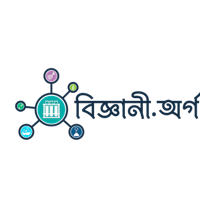
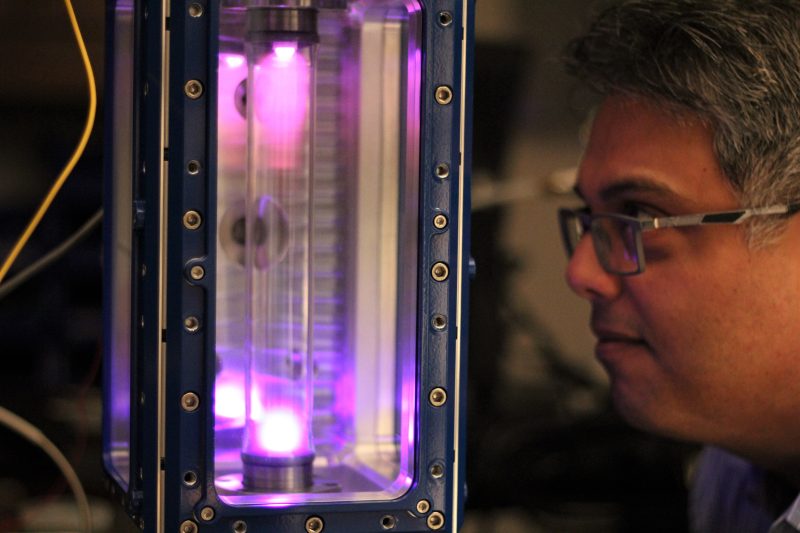



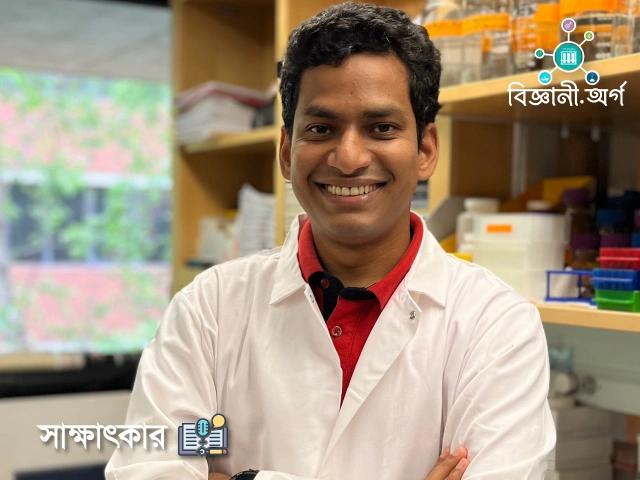
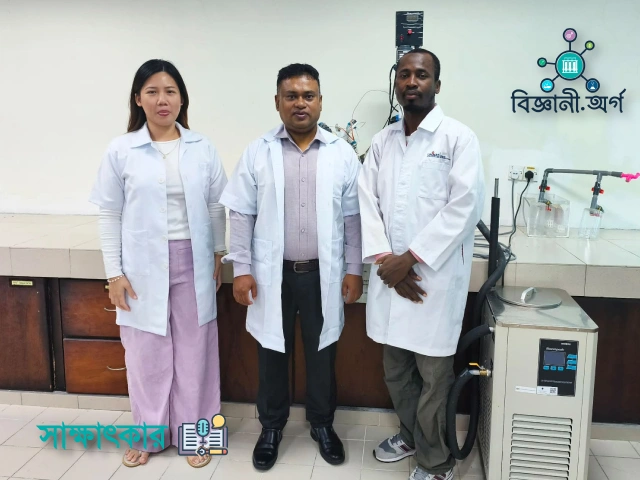
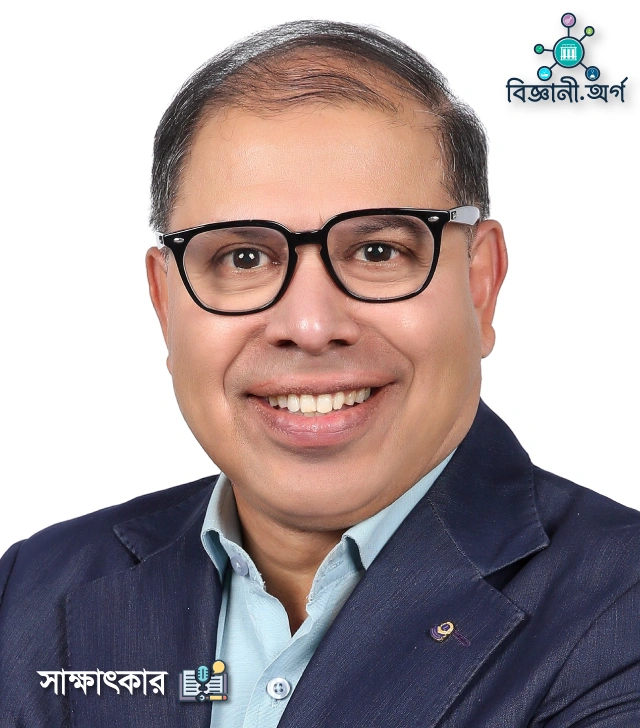
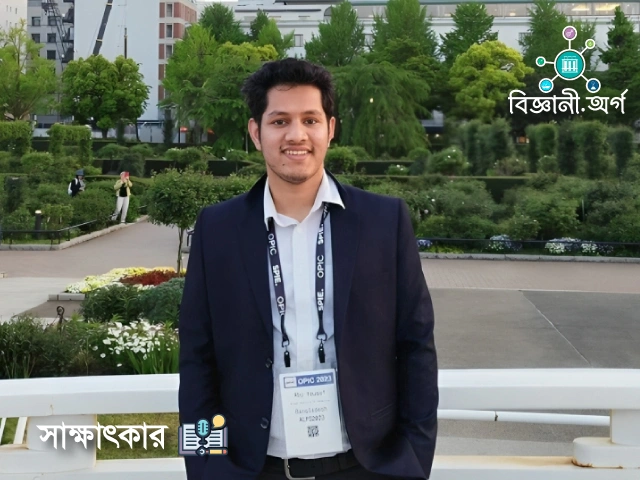
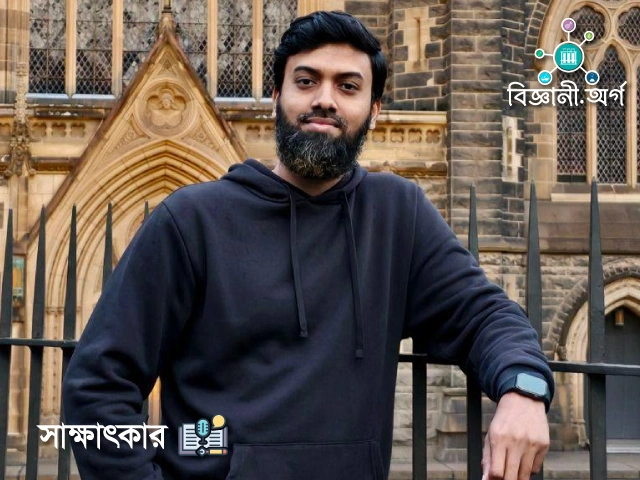
আপনার সুন্দর পোষ্টটির জন্য অনেক ধন্যবাদ.